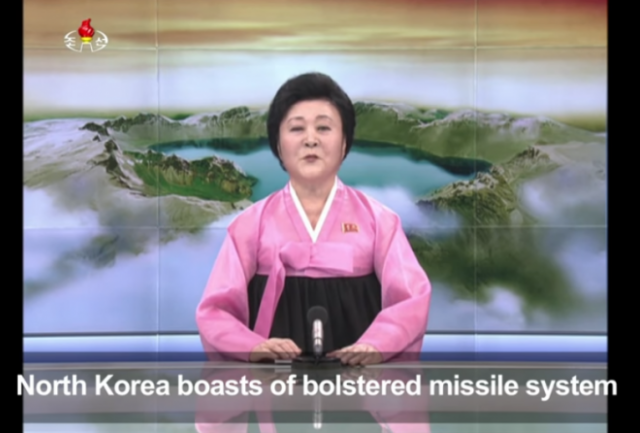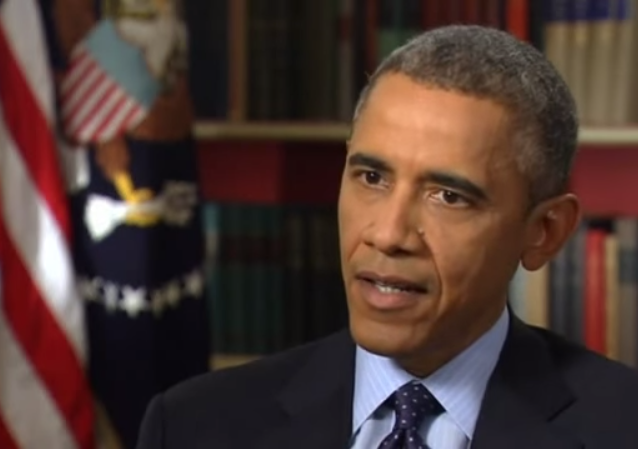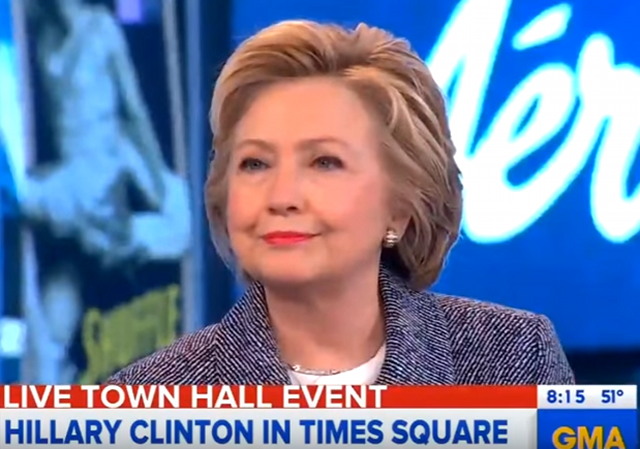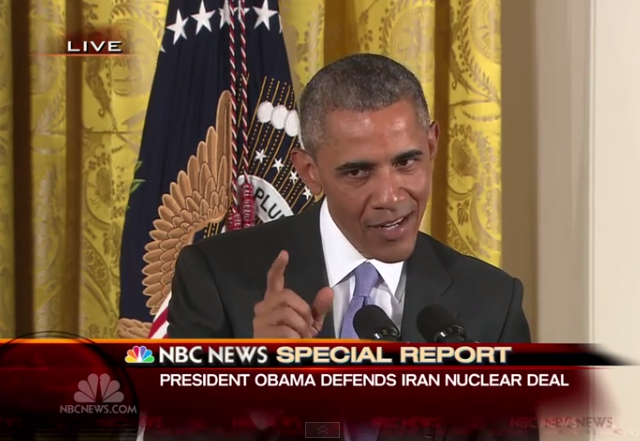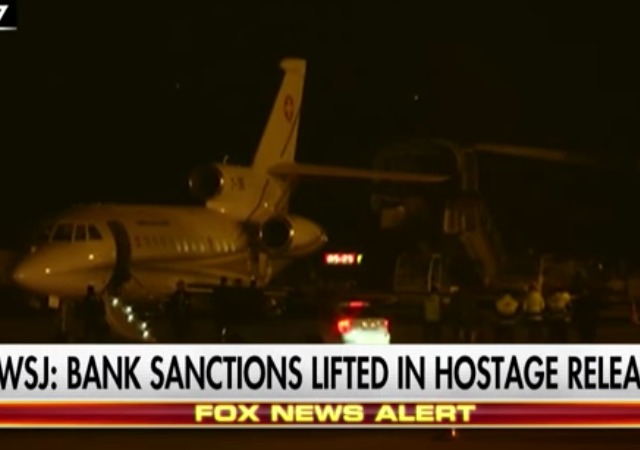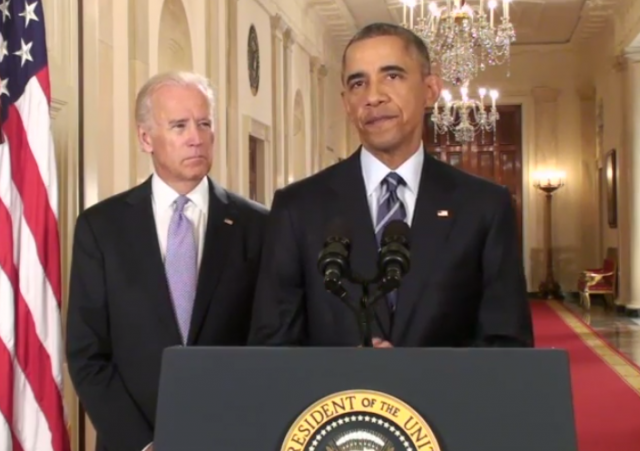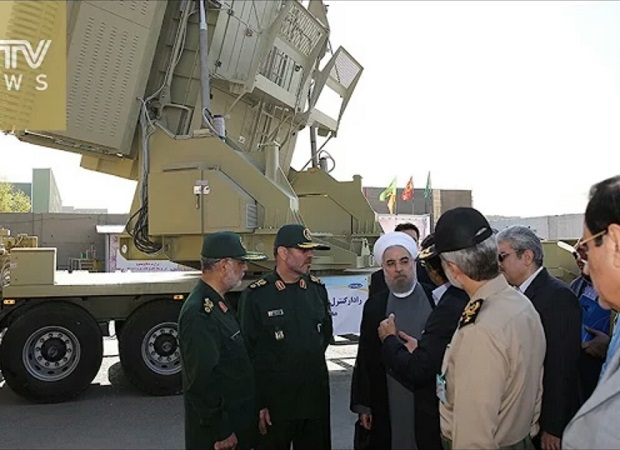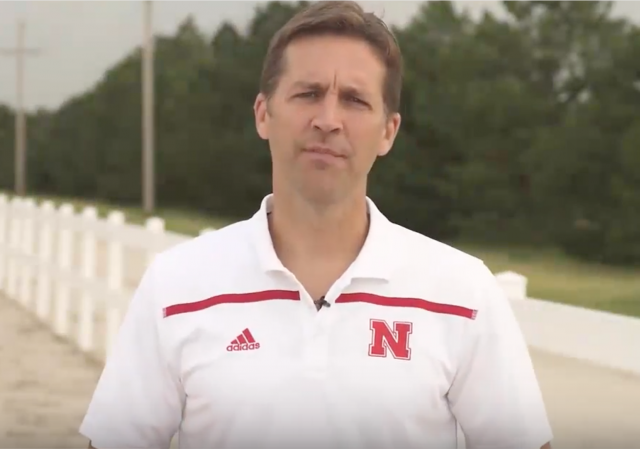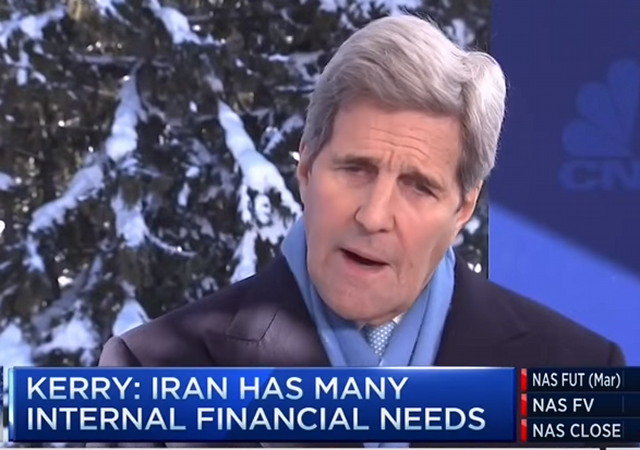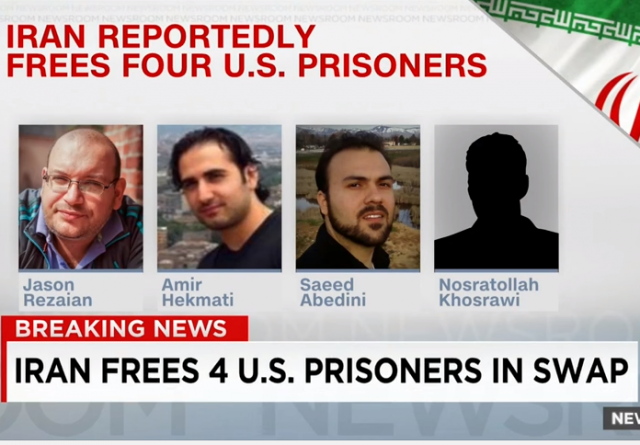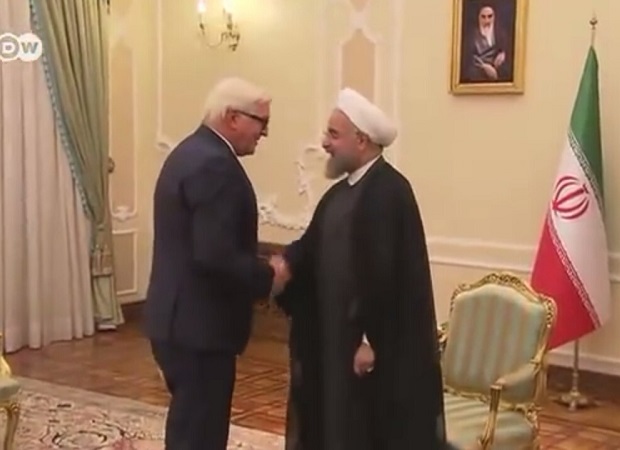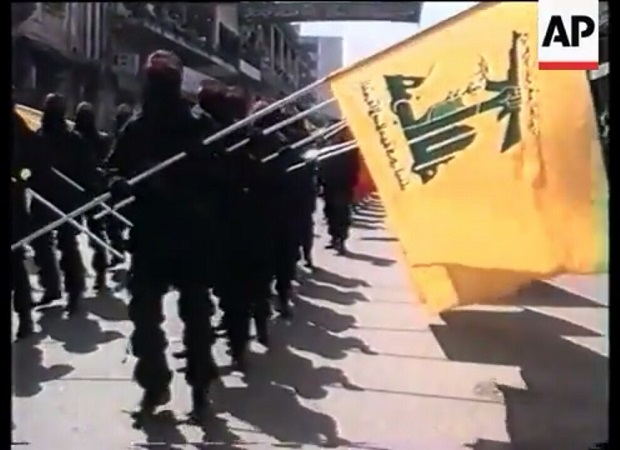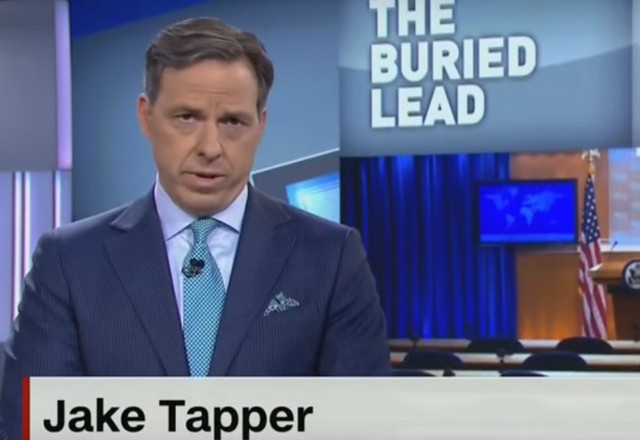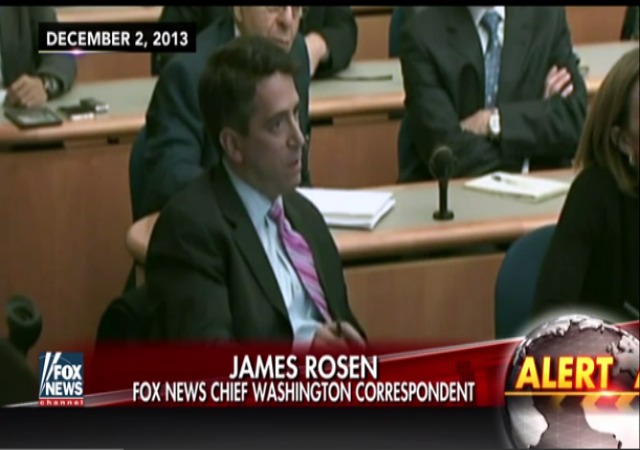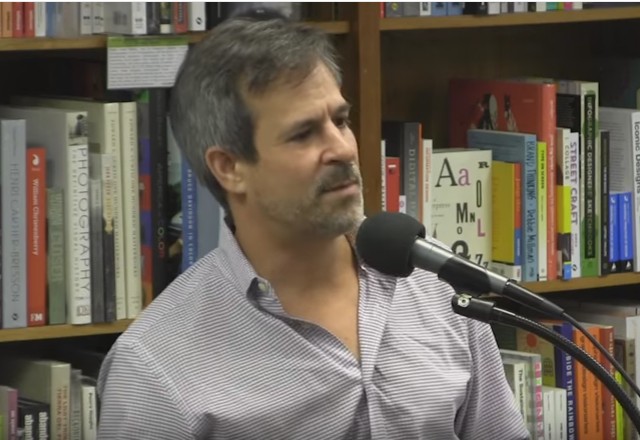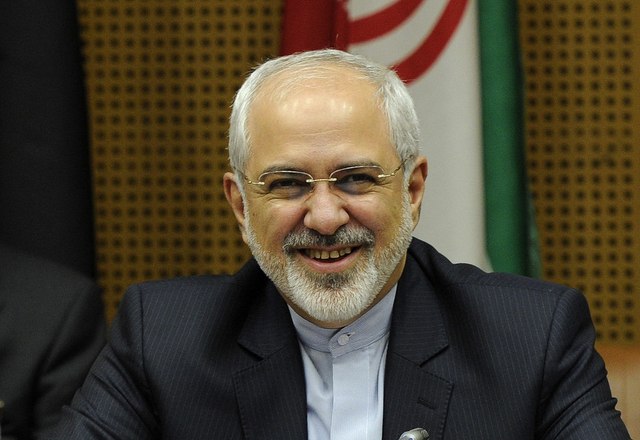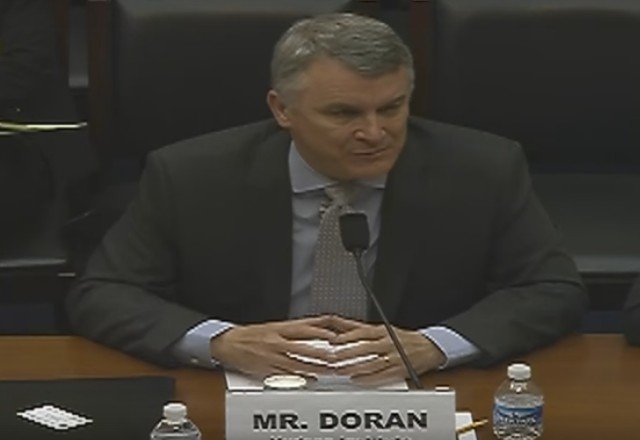Iran Nuclear Deal Tag
Obama’s UN Legacy: Whitewashing Iran’s Nuclear Cheating; Outlawing Jewish History
White House, Hillary Campaign Worked on Iran Nuclear Deal Talking Points
The talking points are inaccurate and misled the American public....
U.S. Treasury eased sanctions on Iran (and announced it late Friday)
The Obama administration is further easing sanctions on Iran, making it easier for foreign firms to do business with the country following last year's nuclear deal.
U.S. Agreed to Lift Iran Sanctions for Prisoner Release
The U.N. Security Council’s delisting of the two banks, Bank Sepah and Bank Sepah International, was part of a package of tightly scripted agreements—the others were a controversial prisoner swap and transfer of $1.7 billion in cash to Iran—that were finalized between the U.S. and Iran on Jan. 17, the day the Americans were freed.
U.S. Allows Aircraft Sales to Terrorist-Designated Iranian Airlines
Iran Deploys Russian S-300 Missiles to Fortify Major Nuclear Installation
Sen. Ben Sasse Fact Checks White House Claims on Iran Deal
$400 Million Payment to Iran Looking More Like Ransom for American Prisoners
U.S. Sent Iran $400 Million When They Released Hostages
More proof Iran Nuke Deal not about stopping a nuclear weapon
The document obtained by the AP fills in the gap. It says that as of January 2027 — 11 years after the deal was implemented — Iran will start replacing its mainstay centrifuges with thousands of advanced machines. Centrifuges churn out uranium to levels that can range from use as reactor fuel and for medical and research purposes to much higher levels for the core of a nuclear warhead. From year 11 to 13, says the document, Iran will install centrifuges up to five times as efficient as the 5,060 machines it is now restricted to using.
Iran Tries to Get Nuclear Technology from Germany, says German Intelligence Report
As Obama Retreats, Iran Infiltrates Latin America
Jake Tapper Demands Accountability from State Dept. Will MSM Follow?
Obama Press Advisor Attacks Fox News Over Clarification on Iran Video
The department acknowledged Wednesday that several minutes of video from the 2013 briefing – at which then-State Department spokeswoman Psaki appeared to acknowledge misleading the press over the Iran nuclear deal – had been intentionally cut. The order apparently came from an official in the public affairs office, but that individual has not been identified.Fox News published their complete email exchange, where Psaki berates Rosen for politely asking for an explanation after Psaki referred to the transcript and not the video.
Some Jew-baiting is more equal than others to the media
Singling Out Jews in Yellow
Shortly before the Senate vote on the nuclear deal with Iran was supposed to take place (but was filibustered by Democratic supporters of the deal), The New York Times *helpfully* provided a list letting everyone know which Jewish lawmakers were against the deal, with the names highlighted in yellow.
The New York Times, after the expected (and deserved) outrage, removed the "Religion" column from the list but acknowledged no wrongdoing, "[under] Times standards, the religion or ethnicity of someone in the news can be noted if that fact is relevant and the relevance is clear to readers." Nonetheless due to readers' outrage, it adjusted the list.
How’s That Iran Nuclear Deal Working Out?
Probably the biggest source of friction is a U.S. law that bars Iran from using the U.S. financial system and the American dollar, even indirectly. The law, enacted in 2012, was aimed at punishing Iran for a variety of alleged sins: the country’s ballistic missile program, human rights abuses and state-sponsored terrorism. Because these issues haven’t been resolved, there is virtually no chance Congress would repeal the law in the foreseeable future, experts say. As long as that statute remains in place, foreign banks holding Iran’s funds in dollars will be wary of doing business with the country.
The Five Deceptions of Obama-Rhodes Echo Chamber
Donations tax deductible
to the full extent allowed by law.
CONTRIBUTORS
- William A. Jacobson
Founder
- Kemberlee Kaye
Sr. Contrib Editor
- Mary Chastain
Contrib Editor
- Mike LaChance
Higher Ed
- Leslie Eastman
Author
- Vijeta Uniyal
Author
- Stacey Matthews
Author
- Jane Coleman
Author
- James Nault
Author
- Mandy Nagy
Editor Emerita
- Learn more about the Contributors

